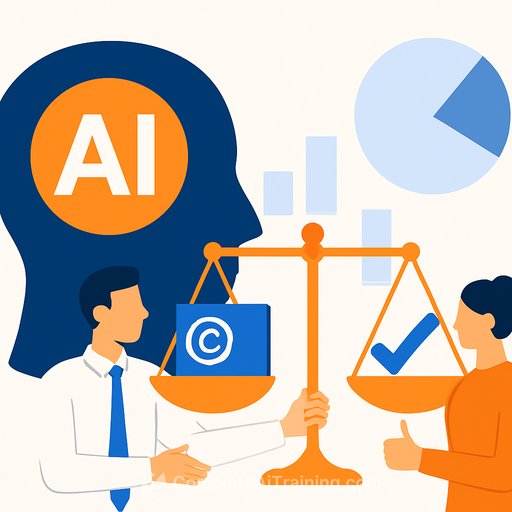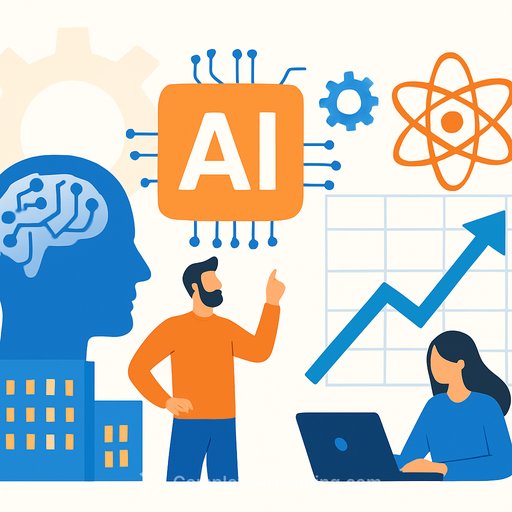Culture Secretary Commits to Resolving AI and Copyright Issues
The debate around artificial intelligence (AI) and its impact on creative industries has reached a critical point. Culture Secretary Lisa Nandy addressed MPs, acknowledging that the government has struggled to find a balanced approach and promising that the issue will not be ignored or delayed any further.
Ms. Nandy admitted that the discussion had become overly binary—fracturing into a choice between supporting AI innovation or defending creative industries. She stressed that this false dichotomy has hindered progress and pledged to take a new, more inclusive approach.
Government’s Previous Challenges
Earlier this year, the Data (Use and Access) Act was passed to reform data protection laws aimed at fostering innovation and economic growth. However, the legislation sparked controversy, especially among creatives worried that their copyrighted work could be used without permission or payment to train AI models.
The Bill was later amended by members of the House of Lords to protect creators’ rights more firmly. Still, the government is now consulting with stakeholders from both the AI and creative sectors to find a solution that supports technological advancement while safeguarding creators’ interests.
A Clear Commitment to Creators
During a session with the Commons Culture, Media and Sport Committee, Ms. Nandy was pressed on whether creatives would receive fair remuneration when their work is used by AI. She reassured the committee, stating:
“We absolutely will not kick this into the long grass... We will not allow this to be unnecessarily delayed.”
She also referenced discussions with Science Secretary Liz Kendall, highlighting a shared commitment within the government to tackle the issue head-on.
Reflection on Government Handling
Ms. Nandy acknowledged government shortcomings in dealing with the issue, taking personal responsibility for the lack of a clear, united front. She pointed out that the debate was complicated by the fact that the Data (Use and Access) Act was led by the Department for Science, Innovation and Technology (DSIT), limiting her direct involvement in parliamentary discussions.
She expressed frustration that the creative community did not see its Culture Secretary actively defending their interests during the legislative process. The bill’s primary sponsor, Peter Kyle, was DSIT Secretary of State before becoming Business Secretary in a recent reshuffle.
What This Means for Creatives
- Creators can expect the government to work towards fair recognition and compensation when their work is used in AI development.
- The government aims to balance innovation in AI with protection of intellectual property rights.
- Ongoing consultations with industry representatives are underway to shape effective policies.
For creatives looking to understand how AI tools intersect with copyright and their work, staying informed about legislative developments is crucial. Learning about AI’s capabilities and ethical use can also empower creators to engage in this evolving landscape confidently.
For practical insights and training on AI tools relevant to creatives, explore courses at Complete AI Training.
Your membership also unlocks:






